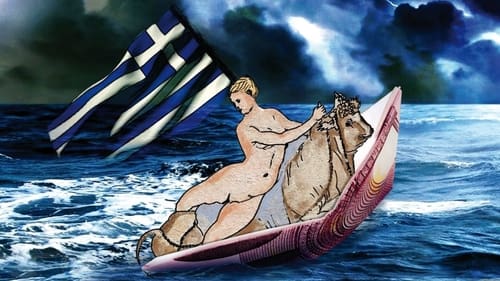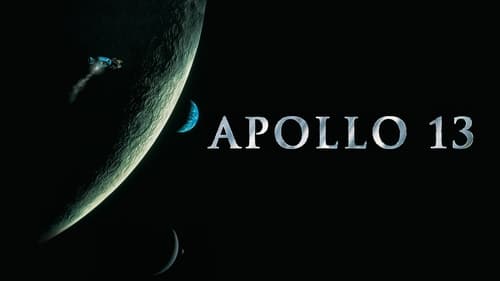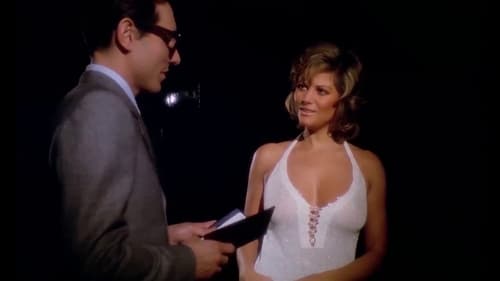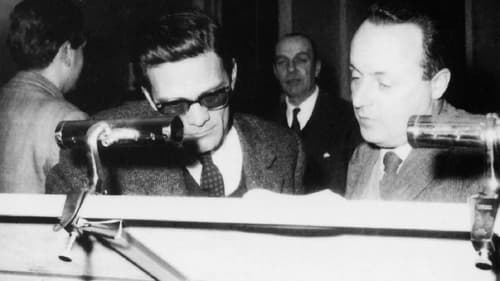Pope Paul VI
Birth : 1897-09-26, Brescia, Lombardy, Italy
Death : 1978-08-06

Self (archive footage)
A journey through Greece and Europe’s past and recent history: from the Second World War to the current crisis. It is a historical documentary, a look into many stories.
«If Democracy can be destroyed in Greece, it can be destroyed throughout Europe»
Paul Craig Roberts

Himself (archive footage)
The documentary offers testimonies and documents never disclosed about the plot against its protagonist, who had the stigmata of Jesus Christ in his hands, feet and side for 50 consecutive years.

Himself (archive footage)
The true story of technical troubles that scuttle the Apollo 13 lunar mission in 1970, risking the lives of astronaut Jim Lovell and his crew, with the failed journey turning into a thrilling saga of heroism. Drifting more than 200,000 miles from Earth, the astronauts work furiously with the ground crew to avert tragedy.

Himself (archive footage)
Manuel and Clemente, couple in the shower and in various scheming, try to do business with miraculous apparitions. Near the Sevillian town of El Palmar de Troya, in 1968, people begin to say that the Virgin appears and the two friends take advantage of the situation. Soon a network of economic interests and credulity is created that makes it easier for Manuel and Clemente to achieve their goal: a monumental basilica, a religious order of nuns, priests and bishops of their own, and even a pope, Gregory XVII. Satire on the curious origin of the Palmarian Catholic Church and its unique founders.

Himself (archive footage)
Caustic satire on bureaucracy of the Vatican authority and a simple Italian who wants to achieve the audience with the Pope.

Self (archive footage)

Self (archive footage)
Documentary footage (from the 1950s) and accompanying commentary to attempt to answer the existential question, Why are our lives characterized by discontent, anguish, and fear? The film is in two completely separate parts, and the directors of these respective sections, left-wing Pier Paolo Pasolini and conservative Giovanni Guareschi, offer the viewer contrasting analyses of and prescriptions for modern society. Part I, by Pasolini, is a denunciation of the offenses of Western culture, particularly those against colonized Africa. It is at the same time a chronicle of the liberation and independence of the former African colonies, portraying these peoples as the new protagonists of the world stage, holding up Marxism as their "salvation", and suggesting that their "innocent ferocity" will be the new religion of the era. Guareschi's part, by contrast, constitutes a defense of Western civilization and a word of hope, couched in traditional Christian terms, for man's future.





